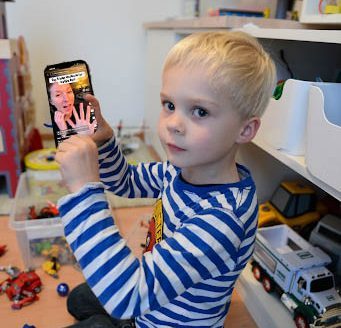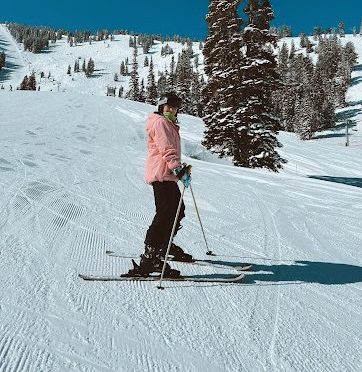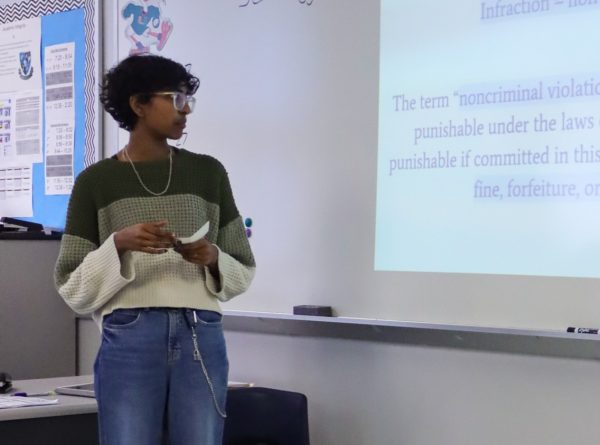Horses help special needs campers
Any break from school usually brings an outcry of enthusiasm, excitement and excessive eagerness to “lounge” on a crowded, tourist-infested beach for countless hours each day. To junior Erica Cannon, however, the idea brings a more truthful vision of peaceful recreation.
Last summer, Cannon began her job as a volunteer at the Center for Horsemanship And Personal Success, an organization which provides horseback riding lessons and valuable activities to children and adults who suffer with mental and physical disabilities. Founded in 2012, CHAPS’s primary purpose is to provide therapeutic benefits to such individuals.
“There are some kids who are calmer on horses,” freshman Bailey Meyer, who also volunteers at the organization, said. “They basically ride and play games to help their balance and concentration.”
For Cannon, the experience of CHAPS relates to her early beginnings with horses, as the initial reason for her riding was to help with ADD, while her sister began the activity to help a troublesome hip disability.
Like the soothing results shared by the sisters, as participants at CHAPS ride, the rhythms of the horse act as a sort of therapy, and, according to Cannon, bring obvious comfort. The program has been especially helpful for students with special needs, such as autism, Down syndrome and Tourette’s syndrome.
“We had this one student with autism so severe that she couldn’t speak,” Cannon said. “I would make [the horse] go faster or slower and you could tell because her face would change every time the rhythm would change.”
While the rhythmic horse trot delivers a special sense of contentment, the animal itself also plays a role. For CHAPS students with severe communication-impairing disabilities such as speaking or hearing restrictions, the horse can be a unique outlet for interaction, one they may have difficulty finding in other human beings who rely more on noise to communicate.
“There’s just a sort of interaction with them because [the horses] don’t use language either,” Cannon said. “It’s all body language, and [the participants] understand that better.”
As Cannon’s rigorous schedule interferes with her weekly attendance, Meyer, a newer addition to CHAPS, dedicates each weekend to similar practices, helping students ride and weave through courses.
“I love interacting with the kids because they’re just really nice,” Meyer said. “It’s cool seeing them progress and watching how much stronger they get.”
With summer break approaching, both Cannon and Meyer have the opportunity to commit even more time to CHAPS; Cannon plans on spending four days each week at the center, and Meyer hopes for similarly heightened attendance. While this increased time allows extra practice for themselves, the two find the greatest pleasure in assisting those with disabilities.
“To me, horses are just like dogs. When you see a dog and you just kind of get happy, it’s like that,” Cannon said. “It’s great helping [the students] and seeing them get happy with it.”
Horseback riders who wish to join the growing community of CHAPS volunteers can visit chapscenter.com.
Your donation will support the student journalists of Hagerty High School. We are an ad-free publication, and your contribution helps us publish six issues of the BluePrint and cover our annual website hosting costs. Thank you so much!






